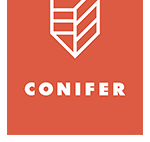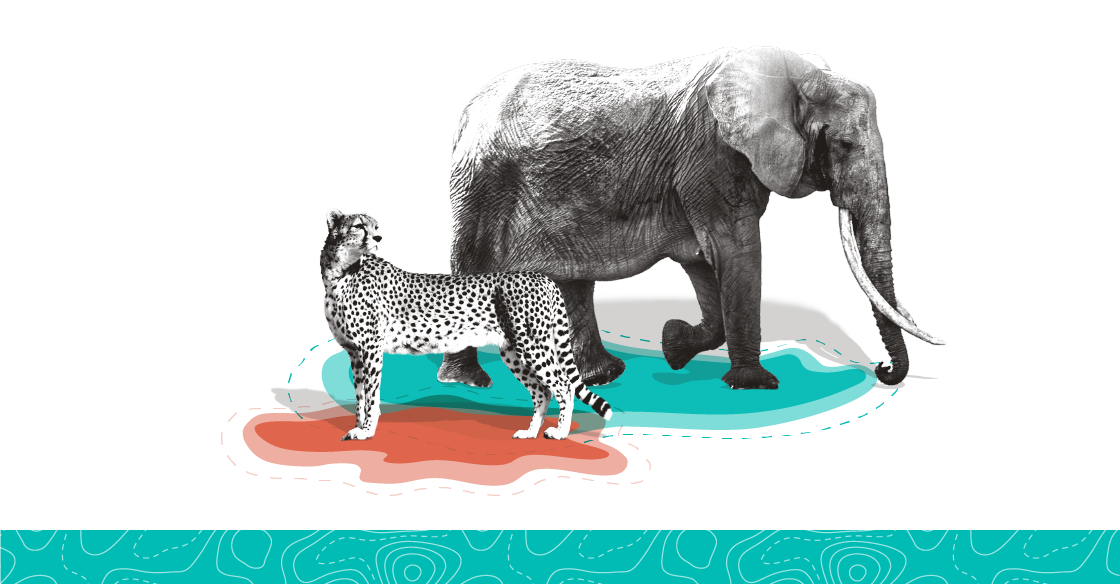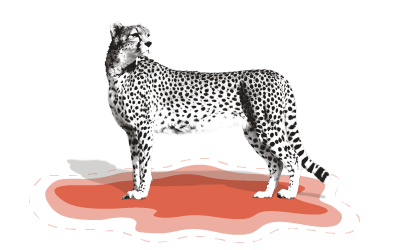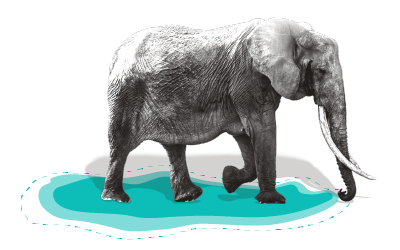
The Sweet Spot Between Rigor and Agility

Wouldn’t you love an unlimited amount of time and spend for your research projects? Imagine the problems that would solve for you and your team; the number of questions you could answer, and the insights you could deliver! There would be no more time inefficiencies or budgetary restrictions to fret over. No more overworked team members to coax or disgruntled stakeholders appease. Did someone say promotion?
Ahh, that was a nice daydream! Time to check back into reality. Unfortunately, the truth is no one has a limitless amount of time or money and research teams are often left making the unspoken trade-off between one of them. There is either some dimension of TIME or MONEY* or unholy equivalent of the two being sacrificed when thinking about a project.
* If you wonder where quality fits above, from the famous triad of "Better, Faster, Cheaper": Conifer believes that quality is just table stakes.
At Conifer, we know our clients are faced with the inevitable pressure to decide between the two. One of the most common questions we hear is: how do I save time, money, or both? Read on for more about how our team balances agility and rigor.
Finding the Sweet Spot between Speed & Rigor
Anyone working in MRX and insights knows that there is no "one size fits" all solution to answer business questions. Just because a new approach is trending does not necessarily mean it is right for you. Every business is different, and as such, every research project is different and deserves its own unique framework for exploration.
We begin every new project by having an honest, open dialogue with clients. Through this initial conversation, we diagnose the project scope and strategically design custom solutions based on project needs. By laying out the initial concept through desired end goals, we get extremely clear on the project timeline and recommended approach. The core of this process is asking the right questions to determine needs, expectations, and desired outcomes. We synthesize these into deliberate and effective plans for the best use of time and resources. These candid conversations about the study's approach are integral to project success.
When speed or meeting internal milestones are top of mind, an "agile" research project will look very different from a rigorous foundational program.

Agile, sprint-based research programs are focused, fast-paced, and intensive, providing teams with the momentum they need. They require swift and coordinated teamwork. Each sprint effort must be very well defined and focused in order to deliver against the business goals - which means teams must be open to the fact that they may not accomplish everything in one fell swoop. After all, the agile methodology is all about iteration, or as they say "progress, not perfection".
If your team is looking to spark new thinking and build momentum, these accelerators can get the job done:
- Focused Sprints: These programs include sets of remote interviews with consumers on very concretely defined topics. In our sprint programs, we prioritize key questions to answer quickly, choose a small subset of users to speak to for learning, field the research across 3-5 days, and deliver topline results in place of a full deck shortly after.
- Living Lab Sprints: in-context prototype testing or user experience explorations are agile at their best. These programs embrace iteration, with the goal of testing new experiences live with users and implementing changes and improvements after each interview.
- In-Home Immersion Sprints: In-person fieldwork doesn’t have to mean doing a full-scale program. If your objectives are based mainly on gaining quick, first-hand inspiration, in-person ethnography can happen in all shapes and sizes. For immersion sprints, the focus is on the field experience and the collaborative team debriefing: We design 3-4 days of immersive fieldwork and debrief at the end of the week to document what we have learned.
- Rapid Online Qual Remote Research: Scaled-down versions of full online diary studies and digital ethnographies are a great way to capture data quickly in a sprint. In order to be agile here, the more focused the better. Unboxing missions, quick concept feedback, or scouting missions help teams move quickly.
- Group Sessions: when you are looking for a consensus, crosstalk, and debate from your target audience, a quick round of group sessions is a great strategy to get feedback quickly. Just don’t forget to infuse creativity and engagement into these sessions and make space for both individual and group activities.
- Rapid Quant: Partly pre-structured, shorter surveys, with a small sample of the target audience to get a quick read, typically within 2-4 weeks. Rapid quant is useful for quickly validating/sizing key insights from previous qual research, testing early hypotheses, screening ideas, prioritizing product attributes (using ratings, ranking, or MaxDiff setup), or getting a quick read on concepts at any stage in their development.
- Rapid Mixed-Methods Survey: Mixing a few close-ended questions with a set of open-ended questions in a short survey with a small sample of the target audience, typically with the purpose of quickly uncovering high-level mental models, motivators, barriers, or any type of associations. The open-end questions may be a few very pointed long-answer questions, cleverly worded “complete the sentence” or “fill-in-the-blank” exercises, or a set of association-type questions such as “what first comes to mind”, “what is your go-to for”, “what feeling do you most associate with”, etc.
- Omnibus Surveys: These surveys are with Gen Pop samples and combine a few questions, typically 5-10, from multiple clients from similar or different industries allowing them to share costs. The same set of respondents answer all questions, but each client gets results for their specific portion of the survey. Omnibus surveys are done with large samples allowing for cross-tabs, but they have a quicker turn-around because they are fielded with Gen Pop or other high-incidence populations.
- Synthesis & Internal Workshops: You don't always need new research to answer new questions. The Conifer way is all about making sure your insights are evergreen. Sometimes a focused synthesis and reminder of past data and a good internal workshop can give teams the jumpstart they need.
On the other hand, fast and furious is not always the right choice. Stumbling across latent needs in an accelerator program is not a sure bet, because those insights need to emerge from patterns across large catalogs of data. When your business question requires depth and rigor, this requires teams to slow down in order to speed up.

Rigorous research programs require more planning, in-depth analysis and synthesis on the back end. These programs typically coordinate multiple data streams of data, with strategic collaboration milestones and stakeholder involvement along the way. The result is rich and thick data with insights and opportunity spaces that often fuel teams for years to come. These programs are investments, but yield outcomes that provide teams with the confidence to make large, scaleable market decisions.
Rigorous programs at Conifer take all shapes and sizes. While some are 8-10 weeks others may require longitudinal, year-long efforts.
- Segmentation & Audience Definition: bringing key segments or personas to life
- Customer Journeys: understanding paths to purchase and holistic user experiences
- Behavioral Research: exploring behaviors and mental models in-depth over time
- Pipeline Development: identifying and defining user needs and transforming them into innovation roadmaps
- Go-To-Market readiness: informing the transition from final product optimization to effective GTM strategies
- Foundational Ethnographies: longitudinal immersion in consumers' lives
- Global Programs: often large in scale and require research in multiple markets
Every research project is different. Project timelines and scoping should be based not on trends, but on the most effective way of getting to the final insight moment. This is why flexibility is one of Conifer's core values: we believe in custom approaches, applying our creativity and expertise to overcome our client partners' constraints. Our ability to be nimble in finding the sweet spot for every project is part of what keeps the work interesting! By diagnosing the scope and need of every project, we make thoughtful tradeoffs and design a framework that strikes the right balance between agility and rigor.


